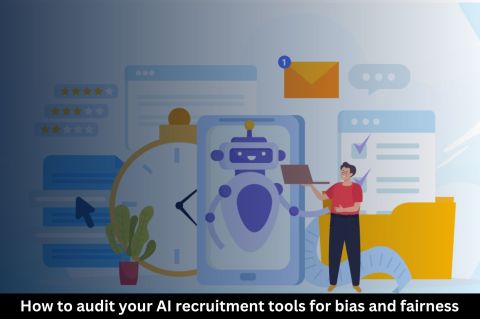What Is KYC Verification?
Introduction
Identity theft, fraud and money laundering are increasing risks to businesses and other financial institutions in the modern digital economy where they change rapidly. In order to protect themselves and adhere to the regulations, companies employ the practice of checking a customer, commonly referred to as KYC verification, or Know Your Customer. KYC verification is an indispensable part of the global financial ecosystem, which is aimed at determining the identity of the customer and providing access to financial products or services.















